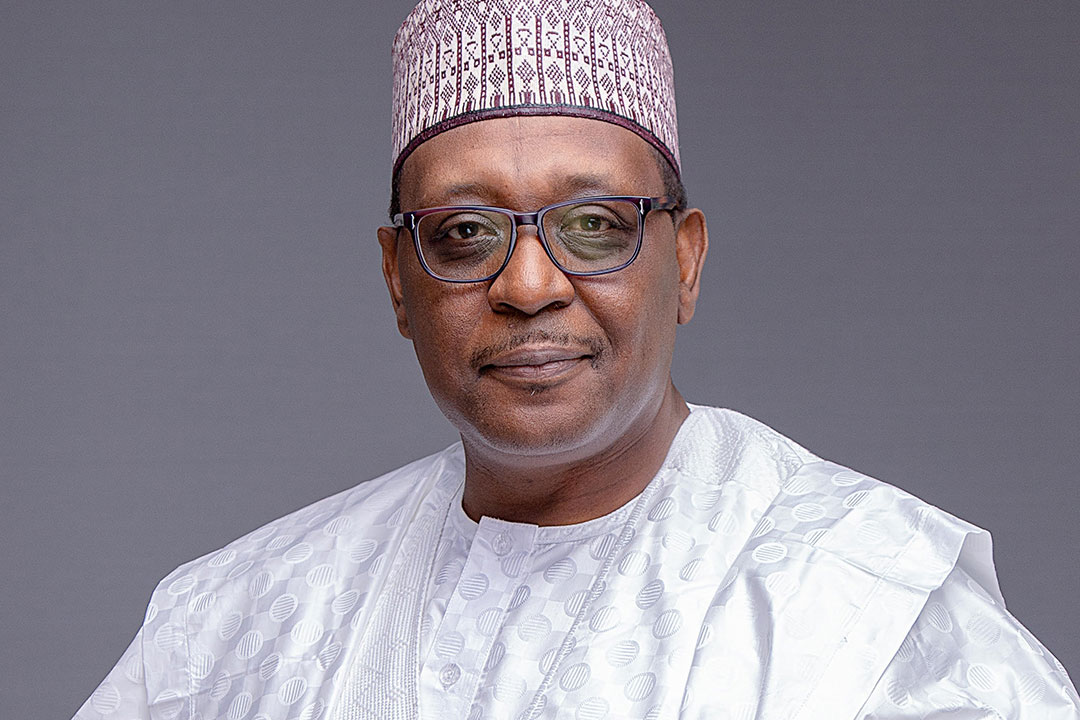
The Coordinating Minister of Health and Social Welfare, Ali Pate, has called on Nigerians to de-criminalise mental health and empathise with those suffering from health conditions.
He said this on Tuesday in commemoration of World Mental Health Day, an event marked globally every October 10, to heighten mental health education, awareness and advocacy against social stigma.
The 2023 World Mental Health Day is themed ‘Mental Health is a Universal Human Right’.
Pate said that there is no reason to criminalise mental health in the present day.
According to the minister, there should be a progressive approach to look at it.
“Since we do not criminalise malaria, why should we criminalise mental health issues?
“I want us to look beyond celebrating this day and look closely at the individuals around us with the eye of empathy.
“Put yourself in their position. If you are suffering from a disease, there is no reason for you to be stigmatised or for it to be criminalised,” he said.
According to him, mental health is an integral part of health which is a complete state of physical, social and mental wellbeing.
He added that there is a hidden epidemic of mental diseases globally and that 15 per cent of the burden of disease in Nigeria is a significant cause of morbidity and some mortality.
He stated that the Federal Government’s approach towards mental health issues or diseases is to take it from a narrow bio-medical one to seeing it as a public health issue.
This, he said requires a multi-sectorial and multi-stakeholder approach to address it.
“So this is what we have in our hands right now and that is what we need to do, such as the Mental Health Act, the policy, the guidelines to be developed, all of those represent an approach that we are taking as a country.
“So the access, affordability and quality of mental health care should be an important direction that we should take in the context of our strategic blueprint for health,
“We would include access, affordability and quality, not only for the physical but also for mental health,” he said.
He, however, said that guidelines need to be developed to operationalise the Mental Health Act that was passed into law in January.
According to him, “We need resources and I think the Federal Government will pull from the resources available but we are calling on states to prioritise mental health, put the resources in as non-state actors are also stepping in.
“The private sector has an important role to play also because mental health undermines productivity in the workplace.
“The productivity of your workforce can be undermined by poor mental health in addition to physical mental health.
“We are calling on the private sector to look at the circumstances of their workforce and do things to make it easier for those who are ill to get the care, enablement and support that they need.”
Pate said mental health issues had been incorporated into the Primary Health Care system as frontline health workers would be trained to be more sensitive to look at the preventive early signs and be able to respond and be referred for care.














